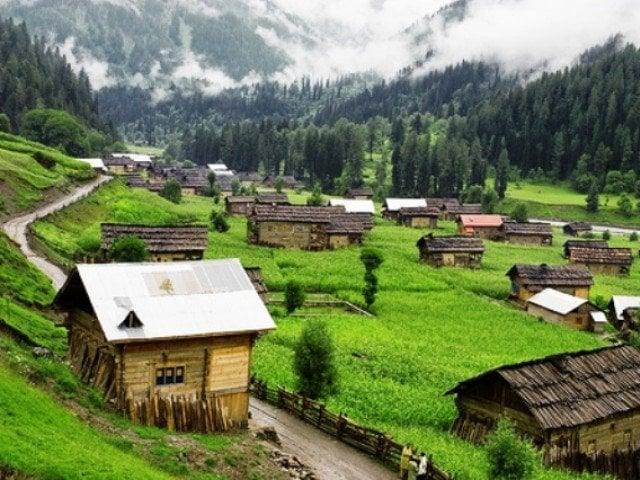Former President of Azad Jammu and Kashmir and senior diplomat Sardar Masood Khan warned that the intensifying conflict between Iran and Israel could have serious consequences for Pakistan’s security, stability and regional status.
In a series of interviews, he said a long -term war could encourage an influx of Iranian refugees to Pakistan, comparable to the fall of the Afghan conflict.
He warned that Pakistan’s already stretched resources would come under further burden if the hostilities in the Middle East persist.
If the war pulls on, there is a strong possibility of a mass immigration of Iranian refugees against Pakistan, “Khan said.” Such a scenario would create financial, political and social pressure. “
Khan also warned that instability on the western border could provide a gateway for infiltration from antitat groups allegedly supported by hostile foreign powers, especially India.
He named clothes like Baloch Liberation Army (Bla) and Balochistan Liberation Front (BLF) as potential threats.
“A weakened limit to Iran could be exploited by clerks seeking to destabilize Pakistan,” Khan said.
In the discussion of Israel’s strategic goals, Khan noted that Tel Aviv had already targeted Iranian nuclear infrastructure in Fordow, Natanz, Isfahan and other critical places. According to Khan, Israel claims to have neutralized almost 40% of Iran’s air defense network.
He also claimed that Israel is pushing the United States either to intervene militarily or to give approval of the limited use of tactical nuclear weapons.
“They suggest underground nuclear strikes that they claim would limit the fall,” Khan explained. “But experts think such thinking is dangerously naive.”
On international reactions, Khan said that although Russia and China have expressed support to Iran, Tehran has not formally sought military assistance.
He added that Russian President Vladimir Putin offered to convey, a gesture of Iran, but dismissed by Israel.
Khan also highlighted the ongoing diplomatic efforts and noted that the United States has given a 15-day window the opportunity to decide its course.
“This has opened up space for backchannel diplomacy,” he said. “The British Foreign Secretary has been active in Washington, and even some of President Trump’s advisers call for restraint.”
Despite diplomatic movements, Khan warned that US military deployments in Europe, the Middle East and at Diego Garcia signal preparation for escalation.
“The world stands at a dangerous intersection,” he concluded. “We need to prepare for all results, even though we hope diplomacy prevails.”
Meanwhile, Iran has condemned us air strikes on its nuclear facilities as a serious violation of international law, warning of dangerous consequences, and promising to defend its sovereignty in every way.
Read more: Tehran lifts self -defense with ‘all power’ after we beat three nuclear installations
The strikes performed on June 21 and advertised by US President Donald Trump targeted Iran’s most important nuclear locations on Fordow, Natanz and Isfahan.
Trump declared the mission a success and warned Tehran for further attacks if it reciprocates or refuses peace.
The attack, launched in coordination with Israel in the midst of its ongoing military attacks against Iran, marked a greater escalation in regional tensions.
Trump, flanked by senior US officials, said the strikes were intended to destroy Iran’s nuclear capacity and prevent it from acquiring a nuclear weapon. He later claimed that all US aircraft had left the Iranian airspace safely.
Iran condemned the strikes as a criminal aggression and called on the United Nations and IAEA to hold Washington responsible.
Iranian officials accused both the United States and Israel of undermining diplomacy and criticizing Western nations for demanding Iran’s return to conversations, it says it never left.
The global reaction was mixed. Israel praised Trump’s decision as historic, while UN Secretary General António Guterres called it a dangerous escalation that threatens global security.
The EU, UK and several other nations called for DE-Scrapping and a return to diplomacy. Countries, including Venezuela, Cuba and Qatar, condemned the US action and warned of regional instability.



